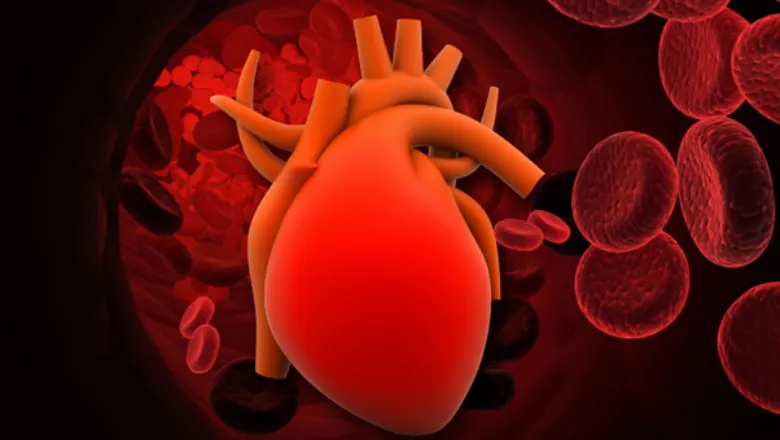Despite decades of research, no current treatment is able to prevent the death of cardiomyocytes or a reduction in lifespan and quality of life following acute MI. By redefining the search for cardioprotective therapies, we have identified proteins that have not been previously linked to cardiac health, but which hold the potential to retain heart function, preventing premature death of heart cells and thus counteracting the deleterious effects of MI.
Professor Mauro Giacca, from the School of Cardiovascular Medicine & Sciences and Forcefield's founder and board member
25 April 2022
King's spin-out Forcefield Therapeutics launches after funding commitment
Forcefield Therapeutics, a King’s spin-out that pioneers therapeutics to protect heart function after a heart attack, officially launches today.

The launch follows a £5.5 million commitment from Syncona Ltd, a leading healthcare company focused on founding, building, and funding a portfolio of global leaders in life sciences. Forcefield is founded on the work of Professor Mauro Giacca, head of School of Cardiovascular Medicine and Sciences at King’s.
Professor Giacca and his research team discovered three naturally occurring cardioprotective proteins capable of retaining cardiac tissue damaged by a heart attack. This work originated at the International Centre for Genetic Engineering and Biotechnology ICGEB, Trieste, Italy.
Myocardial infarction, otherwise known as a heart attack, can trigger the loss of large numbers of cardiomyocytes, or heart cells, which can lead to a cascade of events leading to heart failure. Up to 25% of cardiomyocytes can be lost during and immediately after a heart attack. The three identified proteins have the potential to retain heart function, preventing the progression to heart failure.
These proteins will initially be developed as an easily and acutely administered formulation enabling rapid treatment soon after heart attack before heart damage becomes irreversible, with potential for wider applications.
Richard Francis, Chief Executive Officer of Forcefield Therapeutics, commented: “Myocardial infarction remains the most common cause of heart failure worldwide, with 1.7% of the world’s population at risk. Our aim is to revolutionise acute post-MI treatment and prevent the cascade of events that may lead to subsequent heart failure. We believe that Forcefield and the development of Professor Giacca’s discoveries will revolutionise patient treatment following acute MI, moving beyond the current approach: slowing the progression of heart failure, and enabling us to prevent irreversible cardiac damage.”
Chris Hollowood, Chief Investment Officer of Syncona Investment Management Limited, added: “The proteins identified through FunSel contain mechanisms which have naturally evolved to repair molecular, cellular, and organ damage and may have potential in other diseases with similar aetiology. Syncona is excited to be able to support Forcefield, which has the potential to create breakthrough in the treatment of MI.”

